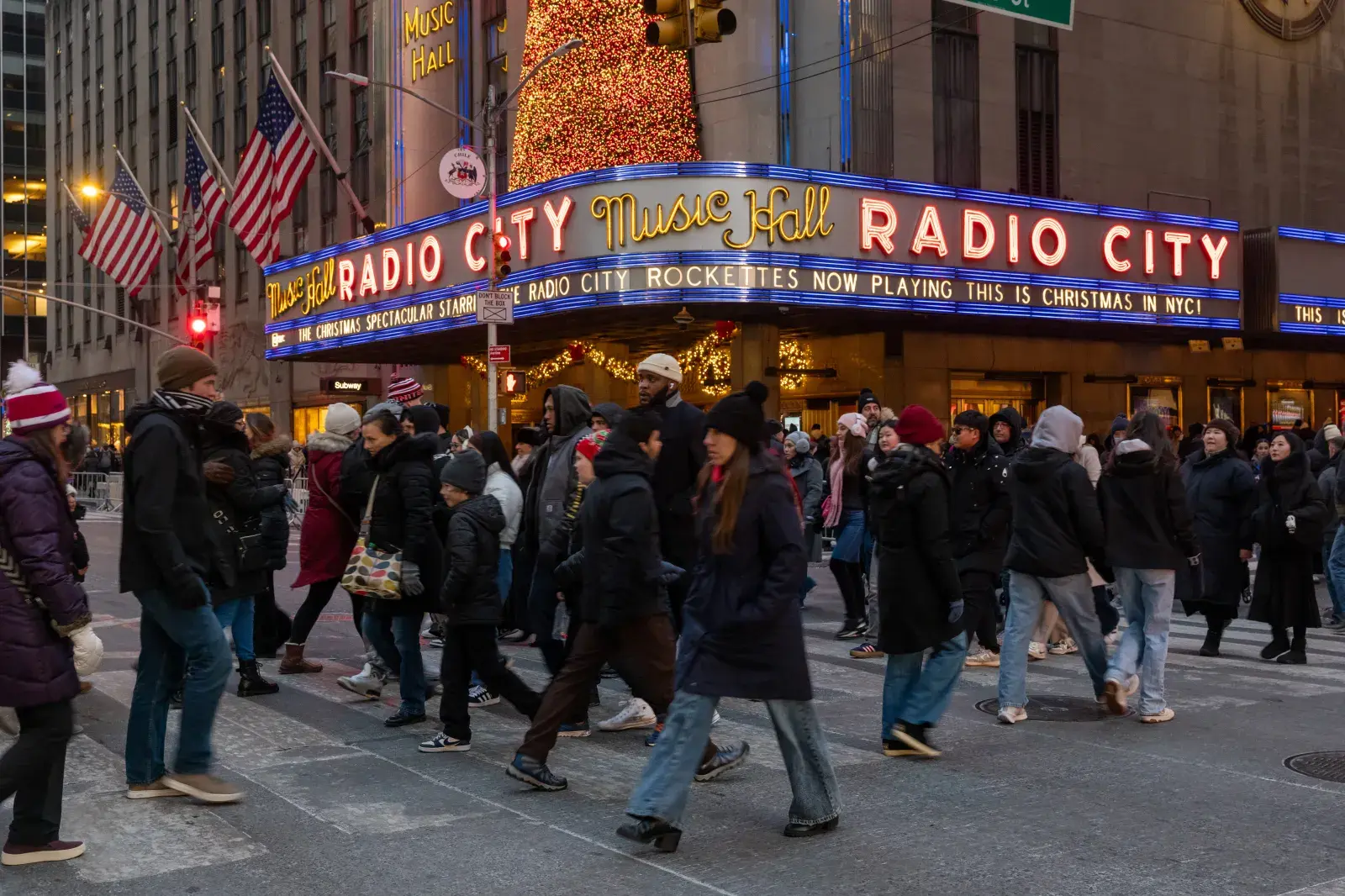Copyright newsweek

With the holiday season fast approaching, a pivotal period for retailers of all kinds, small businesses are bracing as inflation and policy changes threaten to erode their bottom lines. In its latest Small Business Outlook survey, released Thursday, marketing platform Constant Contact found that a majority of small businesses attribute up to half of their yearly sales to holiday season shopping. Some 37 percent of U.S. business owners said they are feeling significant pressure going into this make-or-break period, and are grappling with several headwinds from inflation and customer engagement to the impact of tariffs on shopping behavior and their overall expenses. “The holiday season is the most critical time of the year for small businesses, accounting for up to half of annual sales for 60 percent of owners,” said Smita Wadhawan, chief marketing officer at Constant Contact. Why It Matters Small business owners who previously spoke with Newsweek highlighted many of the concerns outlined in Constant Contact’s study, including trade policy as well as a potential, related downturn in consumer spending. As a result, several surveys have indicated that this holiday shopping season may be more muted than in 2024, as increasingly budget-conscious customers grapple with rising prices and broader financial challenges. What To Know As Constant Contact writes in its report, “small businesses are navigating a complex economic environment marked by inflation and cautious consumer spending.” Of the 1,873 businesses surveyed globally, 32 percent cited inflation and rising costs as their main worries, while 22 percent listed weak consumer spending as their primary concern. U.S. businesses also mentioned tariffs as an issue going into the holiday shopping season, with 52 percent saying these will have an overall negative impact. While the most recent available data suggests spending has remained robust in 2025, repeated declines in consumer confidence have left many companies anxious that this could translate into shopping behavior this Christmas. People walk through Rockefeller Center two days before Christmas in midtown Manhattan on December 23, 2024, in New York City. (Photo by Spencer Platt/Getty Images) U.S. consumer sentiment dropped to a six-month low in the Conference Board’s latest survey, with the steepest declines among those with annual incomes under $75,000. The research firm said mentions of prices and inflation in write-in responses “continued to be the main topic influencing consumers’ views of the economy,” and that references to tariffs declined, but remained elevated.” Constant Contact’s CMO told Newsweek that the survey results highlight “the immense pressure” faced by small and medium-sized businesses, but also their “incredible adaptability and determination.” “What’s particularly notable is how SMBs are not just reacting to this pressure, but strategically adapting,” Wadhawan said. “We’re seeing this manifest in a dramatic quadrupling of new campaign launches in the U.S. this year compared to last year, which is a clear sign of the commitment small businesses are showing to seize opportunity.” Thanks in part to a targeted focus on social media and discounts as profit-driving tactics, 77 percent of business owners said they were confident in meeting their revenue targets for the season. What People Are Saying Constant Contact CMO: Smita Wadhawan told Newsweek: “The 2025 holiday season will be defined by a strategic emphasis on efficiency, demonstrable value, and an earlier start to capture consumer engagement.” “From the consumer perspective, we anticipate that price-conscious consumers will plan their purchases earlier, often with an eye towards fewer, more meaningful items,” she added. “We also know there’s a strong desire from customers to shop small this holiday season, reinforcing the importance of supporting local businesses.” What Happens Next As well as a drive “toward simplification and operational resilience,” Wadhawan said she anticipates small businesses increasingly focusing on customer loyalty, as the survey found 88 percent of shoppers are likely to become repeat customers after a holiday purchase. “This will drive significant investment in retention and nurturing tools,” she told Newsweek. “Small business owners know that sustained relationships are the bedrock of long-term success, and they need the tools that continue to simplify how they connect with them in the future.”



